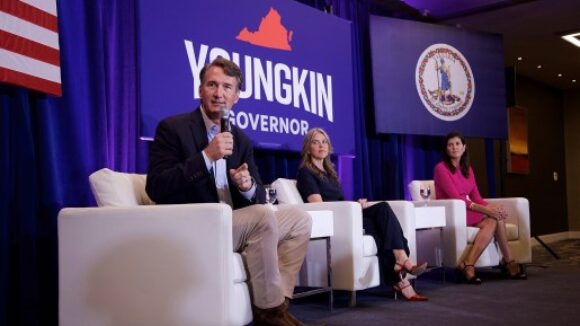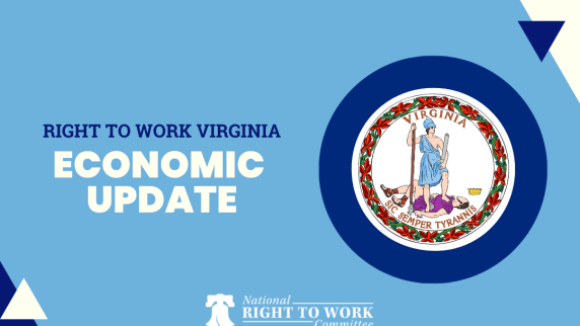While few Virginia voters may realize it, several months ago the U.S. Supreme Court greatly raised the stakes in tomorrow’s election determining who will be Virginia’s next attorney general.
In late June, the High Court found in Hollingsworth v. Perry that, if both the governor and the attorney general of a state shirk their duty to appeal a federal judicial decision overturning a validly adopted law, then no other citizen has Article III standing under the U.S. Constitution to file his or her own appeal.
The Hollingsworth case directly concerned the fate of Proposition 8, a 2008 California ballot measure defining marriage as the union of one man and one woman, but the Supreme Court’s ruling could have serious repercussions for a wide array of laws that may potentially be challenged in federal court as impermissible under the U.S. Constitution. Over the years, Big Labor and its lawyers have repeatedly sought to overturn Right to Work laws on various constitutional grounds.
Such challenges have not prevailed up to now. But if both the governor and the attorney general of a Right to Work state refused to defend the ban on forced union dues and fees, union lawyers could win by default. With pro-forced unionism Democrat Terry McAuliffe the apparent favorite in the gubernatorial race, the willingness of Virginia’s next attorney general to defend the state Right to Work law could be crucial
Unfortunately, Democratic attorney general nominee Mark Herring has already made it clear that he will not defend state laws if he and his staff personally decide they are unconstitutional, as the Richmond Times-Dispatch reported on September 15 (see the link below for more information:
“Whenever there is that kind of challenge or question about a law the General Assembly has passed, as to whether it is constitutional, what I would do is poll the attorneys in the attorney general’s office who have the expertise in the particular subject matter that is at issue,” Herring said.
“I would review their legal analysis, the arguments, and make a thoughtful or deliberate decision whether or not I thought the law was constitutional or not.”
As the recipient of at least $360,000 in “in-kind” and cash support from Big Labor for his campaign this year, Herring would if elected have a strong incentive to conclude, despite decades of court precedents upholding the constitutionality of state Right to Work laws, that he won’t defend Virginia’s Right to Work law in court. And if he and McAuliffe both refuse, then Big Labor could be in a position to overturn or gut the Old Dominion’s Right to Work law without facing objective opposition. In contrast, Mark Obenshain, the Republican nominee for attorney general, is a strong supporter of his state’s Right to Work law and is publicly pledging to defend it and all other state statutes, including those with which he disagrees, vigorously against any and all legal challenges.
This is clearly a matter the overwhelming majority of Virginians who oppose compulsory unionism should keep in mind when they go to the polls tomorrow.
Herring goes on attack in attorney general race – Richmond Times …


